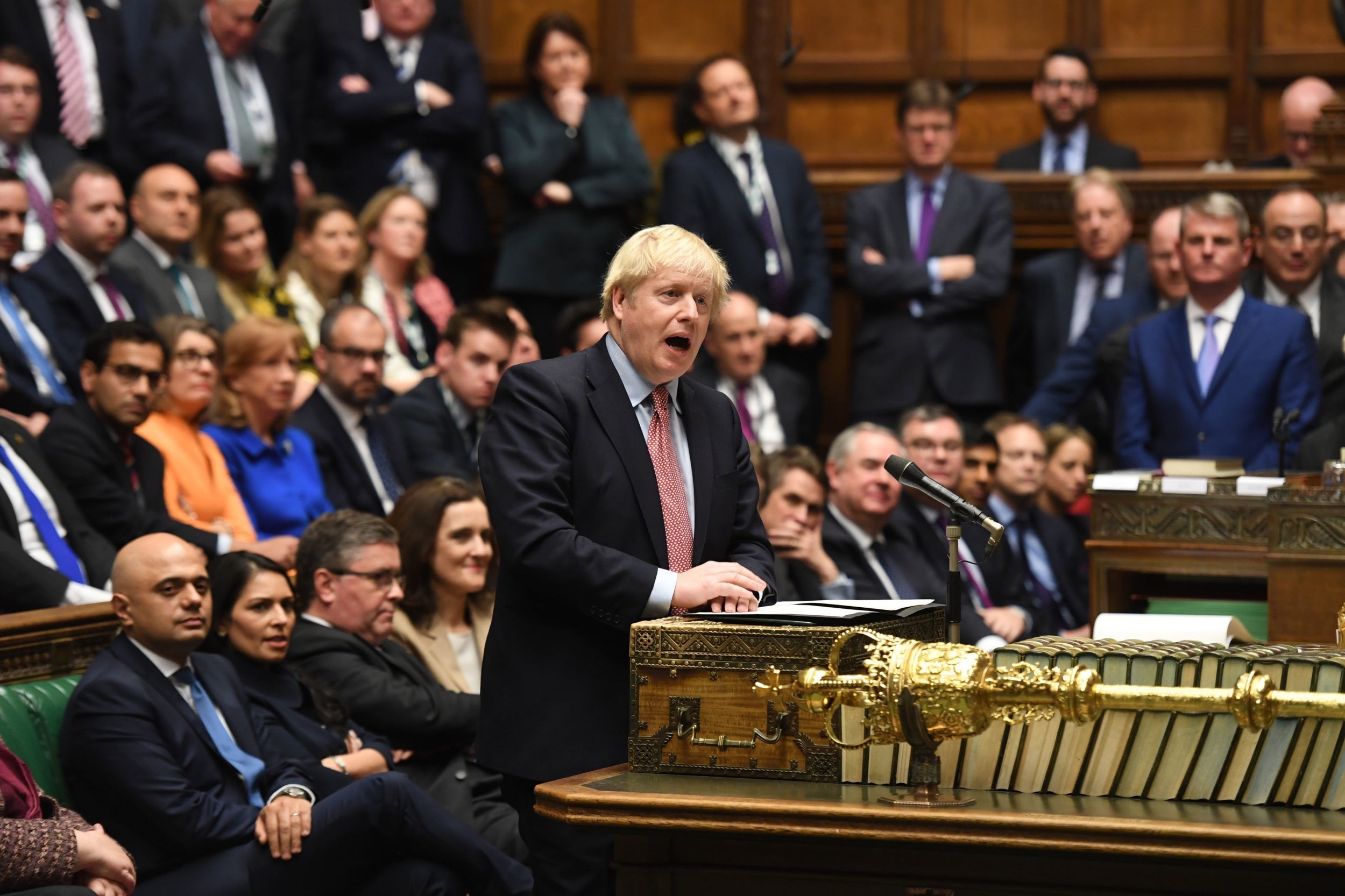Why Boris Johnson’s changes to courts after Brexit could affect your job
It may seem obscure but the impact could be hugely significant, writes Sean O'Grady


Obscure and dry as it might seem, the government’s proposal to permit lower British courts to overrule existing case law set by the European Court of Justice will have some far-reaching consequences.
Under the present law, as passed under Theresa May’s premiership, only the UK Supreme Court will be able to strike out or uphold European case law after Brexit. This was part of the plan to ensure a smooth transposition of laws that referred to or were made by European entities finding their way onto the British statute book post-Brexit – and thus ensuring that Britain did not become, in crucial areas, literally lawless.
The arrangements for transposing regulations and statute law will go ahead. But not what might be termed “judge-made law”, where the interpretation of a state by the European Court has the same force as an EU law or directive.
Instead, companies or individuals will be able to approach lower courts and tribunals to make a ruling and, if they see fit, overturn one made by the now-defunct European Court.
There is particular concern among trade unions about the impact on employment law. Many workers’ rights are protected by EU law and, in particular, by EU case law, that is as determined by the European Court of Justice. Under these changes, if, say, a UK employment tribunal wanted to change the practices around workers carrying over holiday leave while on sick leave, then it would be allowed to do so, and rule in an employer’s favour.
Of course, the reverse is also possible – but the general thrust in the EU system is towards worker rather than corporate rights, the perception is that it is workers who are exposed to new risks. Indeed, the very definition of “worker”, and whether it covers, for example, freelancers, contract workers or those on zero-hours contracts, as well as staff, is a European construct itself.
The concerns about employment law also apply to other significant areas – VAT, agriculture and compensation for cancelled flights, to give a few examples.
More broadly, the concern in the EU is that the UK will take the opportunity, through its courts, to erode workers’ rights in order to gain (deliberately or otherwise) a competitive advantage over EU companies – by cutting labour costs. This is known as “social dumping” and taken very seriously by the EU and its trade negotiators.
The question, then, is how the EU will seek to level-up the playing field – with the worst-case scenario being a countervailing tariff or quota or other restriction on UK-sourced goods and services. That, in turn, would invite retaliation from the UK, and the prospect of a low-level trade war between the UK and the EU – even as the new UK-EU trade and security treaty is been negotiated.
The question of “regulatory divergence” from the EU single market has been at the heart of the Brexit debate ever since the referendum in 2016 – the “cake and eat it” conundrum. There will be many examples to be argued about in the coming months.
Join our commenting forum
Join thought-provoking conversations, follow other Independent readers and see their replies
Comments